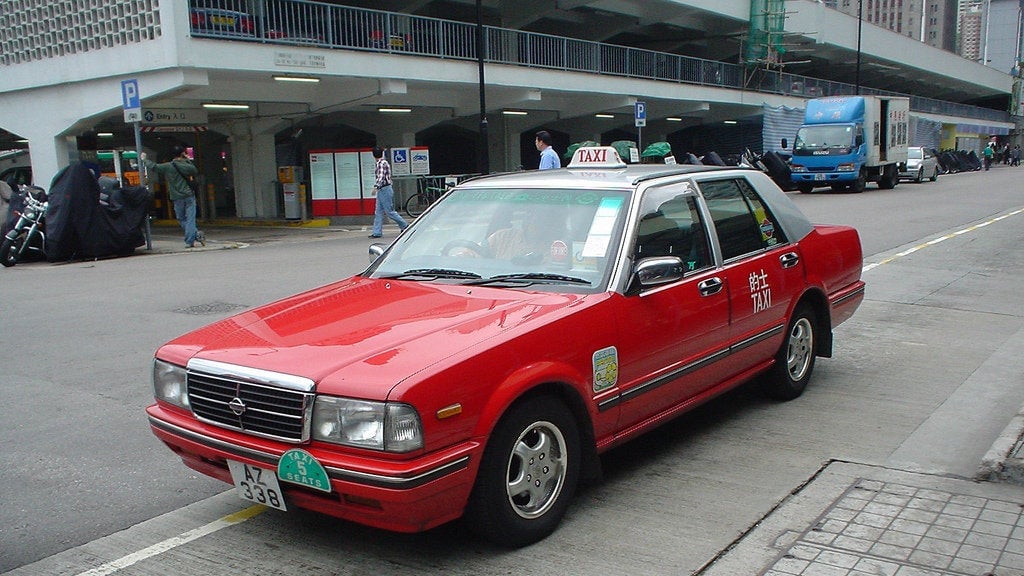Hong Kong’s raid on Uber comes right in the thick of the city’s taxi bubble
Sting operations and office inspections are par for the course for Uber. But as Hong Kong authorities that knocked on its doors today (Aug. 11), the stakes are especially high: The city is in the midst of a huge speculative bubble that is driving up the price of taxi medallions.


Sting operations and office inspections are par for the course for Uber. But as Hong Kong authorities that knocked on its doors today (Aug. 11), the stakes are especially high: The city is in the midst of a huge speculative bubble that is driving up the price of taxi medallions.
According to the Hong Kong Free Press, local police detained five Uber drivers after hailing rides through the app. The drivers were arrested for allegedly ferrying passengers for a fee illegally, and also for not having proper insurance.
Authorities also visited Uber’s offices in Sheung Wan and “invited” three employees back to police quarters to help with the case.
Uber once maintained its headquarters for all of Asia in Hong Kong, but its launch in the city came relatively late. Its high-end UberBlack service rolled out in June 2014, following launches in 25 other cities over the course of a year.
The reasons for its delayed arrival aren’t clear. But given rising medallion prices in the city, its presence in Hong Kong is particularly contentious.
Prices for taxi medallions have more than doubled over the past six years. According to estimates by Taxixchange, which tracks the city’s taxi industry, licenses have risen from roughly HK$3.5 million (about $450,000) in 2009 to HK$7.25 million (about $934,000) in May 2015.
Since then, prices have dropped about 5% (not shown in chart). It’s not clear if the dip is statistically significant. But it’s safe to assume that some investors have been paying attention to news from New York City. There, medallion prices jumped $400,000 in value in 2004 to over $1 million in 2013. As of last July, in the wake of Uber’s massive expansion, they’re down to $770,000.
According to Bloomberg, government curbs on real estate investment indirectly led to Hong Kong’s current medallion bubble. Seeking to curb rising property prices, the government imposed various taxes on transactions in discourage speculation. Some investors decided to take their cash elsewhere, and the medallion market spiked.
Uber typically stays put once it enters a city, and takes its case to the highest state judiciaries when local authorities pursue legal action. Hong Kong medallion owners might want to consider following the lead of China’s sovereign wealth fund and investing their cash in a car hailing app instead.
Image by Ian Fuller on Flickr, licensed under CC-BY-2.0.